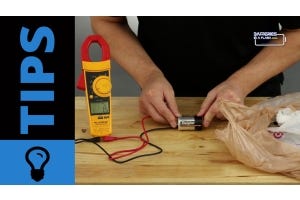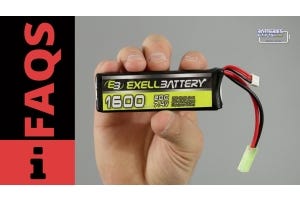How to Prepare for a Camping Trip

Camping is an exciting activity that children and adults can enjoy, and it is also an opportunity to learn and practice some useful skills. However, being ill-prepared for a camping excursion can be inconvenient and even dangerous. Solid preparation is the key to a safe and enjoyable trip. Here are some tips to guide your trip plans:
Safety First
Pack a basic first aid kit. No one ever plans on being hurt while on vacation, but accidents and minor scrapes do happen. A basic kit should include antiseptic wipes, bandages, gauze, cotton swabs, adhesive tape, scissors, and antibiotic and antihistamine salves. Other items in the first aid kit may depend on the camp location and your personal health needs.
Bring Extra Equipment
Pack one extra outfit, with an emphasis on clean socks and underwear. Inclement weather and other incidents can leave you wet and filthy, so a clean change of clothes can provide comfort and cleanliness. You do not want to hike in wet socks!
Extra batteries are also a must. You need to pack flashlights, a durable radio, and other battery-operated equipment, and there is always a chance that your batteries will lose their power. For your comfort and safety, you should pack extra batteries for all of your devices.
Plan Ahead
Make sure that someone knows the specifics of your trip. Tell this person how long you will be gone, where you are making camp, and who will be camping with you.
Additionally, if you have never enjoyed the great outdoors before, do not underestimate the need for decent sleeping gear. Are you sleeping in a tent? Are you using an air mattress or a sleeping bag? You need to consider your campsite when you are planning your sleeping area. Consider the weather, the ground where you will be sleeping, the local wildlife, and your own comfort level.
Don't Bring the T.V
Leave the finer things behind. Use camping as a way to escape from the gadgets that invade your everyday life. You should also leave your jewelry at home. These luxuries can easily become lost or damaged, and they occupy precious space in your pack.
Finally, try to limit the perishable food items that you are bringing. You do not want to go hungry because some of your food has spoiled. If you want to be on the safe side, you can purchase special food packages that are suitable for campsite usage. These foods require minimal preparation and store easily. If you want to pack your own food, be aware of how much the food weighs and how much room it requires in your pack, but do not hold back on packing enough nutritious food.
Camping is one of the most popular ways to enjoy the great outdoors. With appropriate planning, a trip into the wilderness can be filled with fun and adventure instead of stress and annoyance.






